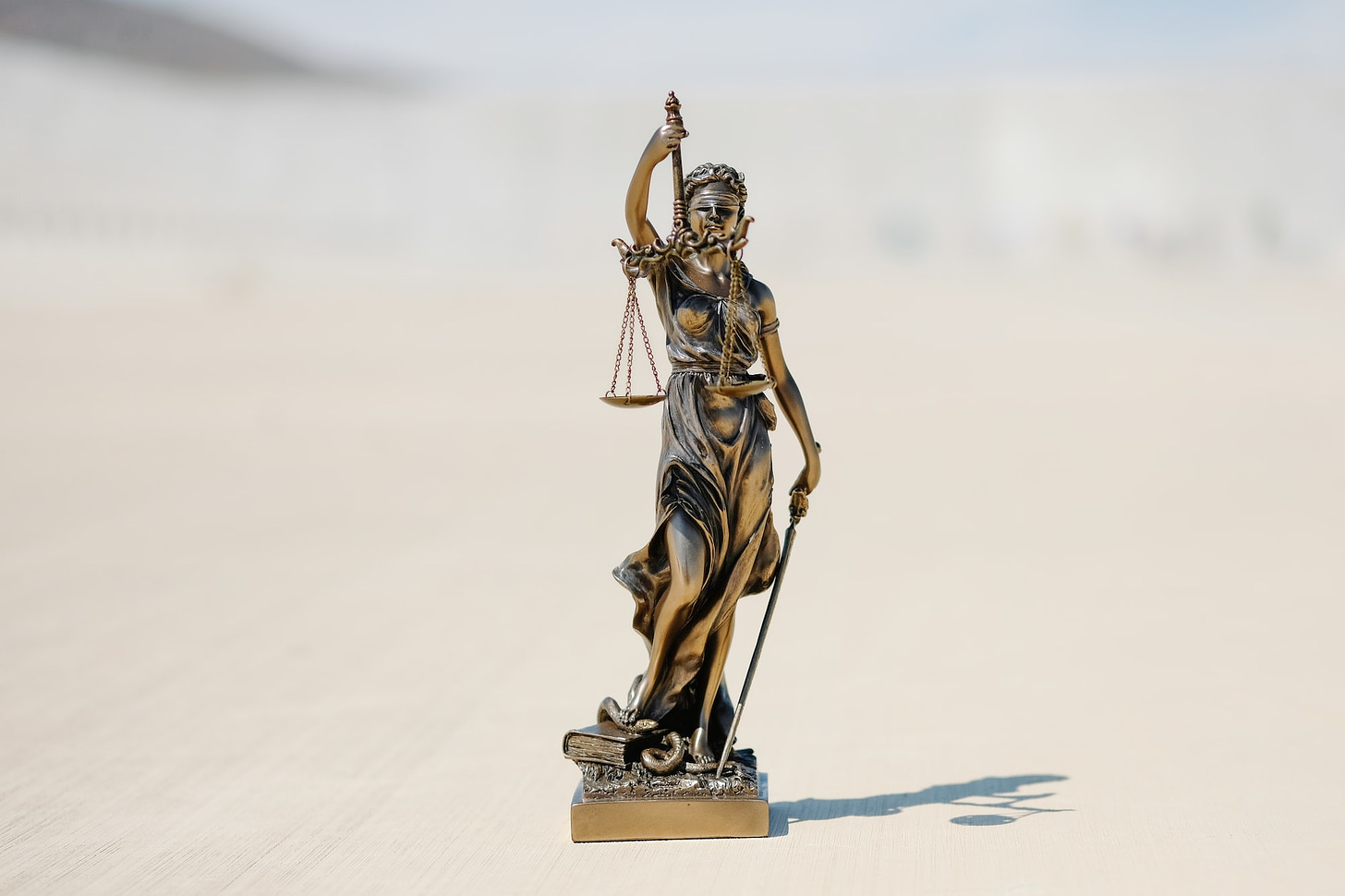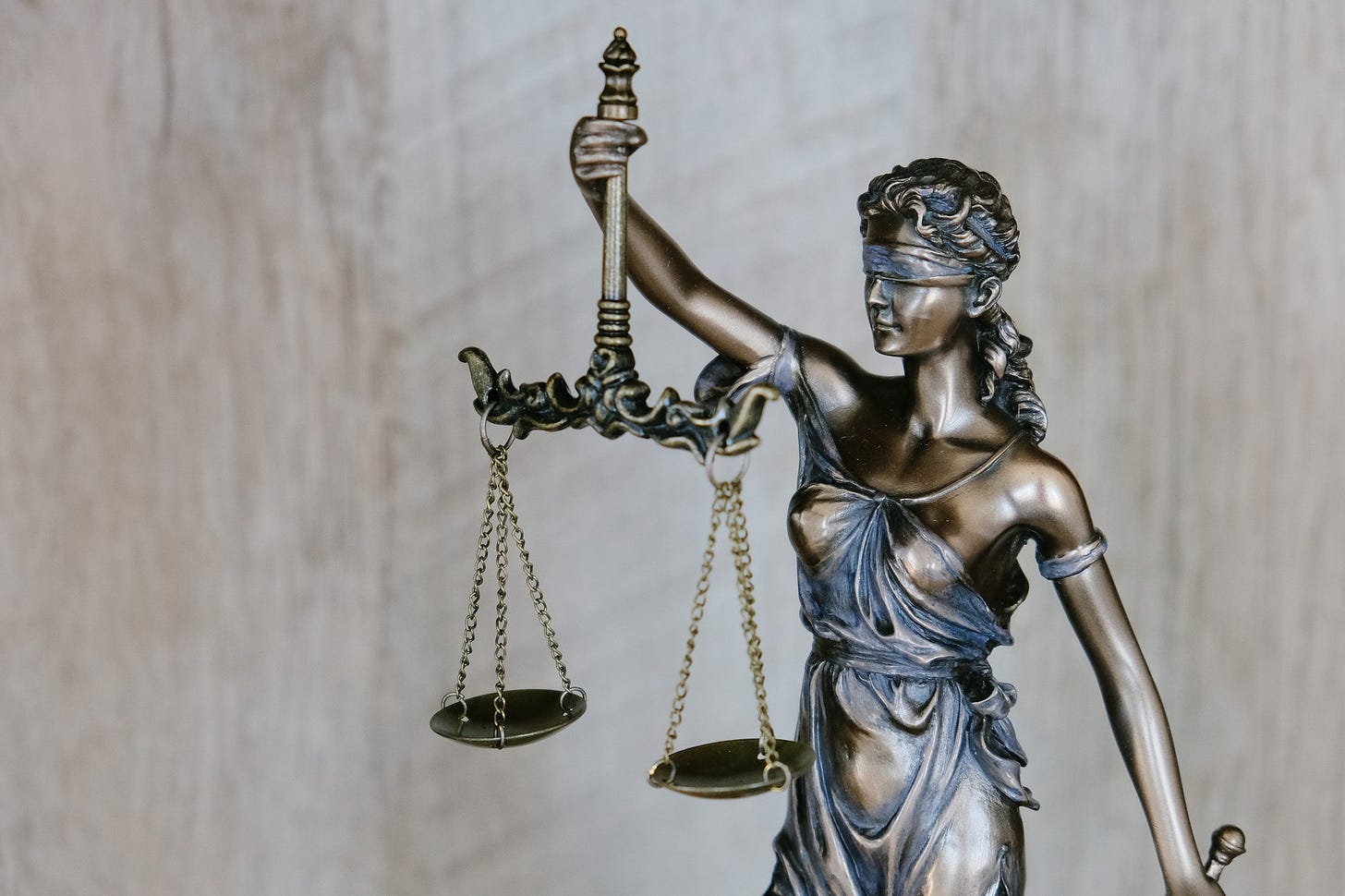Chatter #1: Essential Legal Bytes (Abortion, Demonetization, Mobile App, Arbitration and Judicial Overreach)
Five Essential Legal Bytes: Abortion, Demonetization, Mobile App, Arbitration and Judicial Overreach


Starting this week, we are starting a series of curated newsletters. (1) Catchup: Insightful Twitter Threads - 5 Twitter threads a week (Tues [PM US Time]/Wed [AM India Time]) (2) Chatter: Essential Legal Bytes - 5 legal news and articles from India a week (Thurs [PM US Time]/Fri [AM India Time]) (3) Bouquet: Eclectic Mind Food - 5 intellectually stimulating articles a week (Fri [PM US Time]/Sat [AM India Time]). Subscription: You are subscribed to all these if you are a Drishtikone Newsletter subscriber. However, if you wish to unsubscribe from any of these, please go ahead and do so. These will be very informative byte-sized newsletters though.
Abortion and Mother's Rights: A single-judge bench of Justice Pratibha M. Singh of the Delhi High Court while allowing termination of 33-week-old pregnancy, has ruled that the ultimate decision involving fetal abnormalities cases lies solely in the hands of the mother. The Court ruled that since judicial precedents in India have supported the rights of women to abort or medically terminate the pregnancy depending on a number of factors including fetal conditions and health risks posed to mothers including mental health, the petition could be allowed.
Mother’s Choice is supreme: Delhi HC allows 33-weeks pregnant woman to abort abnormal foetus
2. Supreme Court of India Mobile App: Chief Justice of India D.Y. Chandrachud launched an updated version of the Supreme Court mobile app for Android users. The new feature will allow lawyers, as well as a government department, to track the development of their cases. The Apex Court launched the first version of the SCI Mobile App on November 26, 2019, on the occasion of the 69th anniversary of Constitution Day.
CJI launches updated version of Supreme Court mobile app in open court
3. Demonetization and Supreme Court: Supreme Court reserved its verdict on the batch of pleas challenging the Central government's 2016 exercise of demonetizing currency notes of ₹500 and 1,000. Justices S Abdul Nazeer, BR Gavai, AS Bopanna, V Ramasubramanian, and BV Nagarathna heard rejoinder submissions by the counsel. The petitioners raised the following broad grounds of the petitioners: Section 26(2) of the Reserve Bank of India (RBI) Act that allows the government to declare all series of a particular denomination as being no longer legal tender is too wide; the decision-making process was deeply flawed; the recommendation did not consider relevant factors; the move fails the test of proportionality.
4. Court's powers of appointment of the arbitrator: The scope of Section 111 of the Arbitration and Conciliation Act, 1996 (the Act) has undergone significant change over time by way of legislative amendments and judicial pronouncements. This provision allows parties to approach courts for the appointment of arbitrators. Subsequent pronouncements have broadened the scope of review, judicially “pushing” the position of law back to the pre-2015 amendment stage. This article analyzes the Court's examination at the Section 11 stage of a proceeding in the aftermath of the Vidya Drolia case.
Supreme Court Post Vidya Drolia: Reconsidering Referral Jurisprudence in India | SCC Blog
5. Judiciary Vs Executive: Head-on battle
Judiciary overreach and taking over the privileges and rights of other domains is becoming a serious hindrance in the working of the Indian democracy. Democracy is a system where the will of the people reigns supreme. The Constitution, the laws, and the entire edifice of governance are based on the will of the people. No individual or group of people, however esteemed, can usurp that right of the collective electorate and shut them out.
But that is precisely what the Indian Judiciary has been doing for a long time. Ever since the Three Judges cases. The redefinition of the Basic Structure doctrine and using it to take away the right for hiring judges from the people's representatives to the judiciary itself creating a closed echo chamber was the greatest betrayal of the fundamental tenets of democracy. It created a structure of nepotism.
Familial and ideological.
Only those who aligned with the ideology or relationships of an existing judiciary elite could find a seat on the judicial table.
This echo chamber is what we have written about many times.
The first time that the Indian people collectively and decisively rejected the interference of the Supreme Court in the festivities of the main religious celebration of Diwali. It was civil disobedience by the masses. A judiciary that had abrogated the will of the people and coopted its power to a select few were given a resounding reply. If they could listen.
Insightful newsletter of Drishtikone: Issue #325 - Civil Disobedience Against Indian Judiciary
We then talked about how, irrespective of the high words, judicial luminaries and the Indian Constitution's founding fathers had a rather dim view of the ability of the voters. The basis of the system they wanted to build. A quick primer of why we are where we are.
Drishtikone Newsletter #337: The Procrustean Indian Judiciary System
And then we called out the most shameful moment in Indian judicial history. The de-facto "death sentence" to Nupur Sharma for Blasphemy. The words, the rants of the Supreme Court bench punished a woman for what was clearly a case of religious blasphemy per Islamic Shariat. Verbally and via comments surely but in the light of the facts from Salman Rushdie, Charles Hebdo, and the beheading of Kanhaiya Lal, that is what it really and unmistakably was.
Drishtikone Newsletter #346: ‘Single-handedly’!!
Those who preach morality and judge others always put themselves on a pedestal even when they are the worst offenders of their own moral edicts. Studies say that. Judicial experience around the world has shown that to be true about Judiciary as well.
We tracked the malaise in Judiciary from its origin to now. The cases, the milestones that made it happen.
Drishtikone Newsletter #350: Indian Judiciary - Constitution and Moral Masquerades
And, finally the complete absurdity of the judgments that have been delivered. Shameful for any society in terms of the mindset they showcase and the lack of even basic rigor and humility to consult experts as the judiciary installs itself as the greatest all-knowing expert team ever in human history. From science to religion to social norms to sports to economics - this team has a disdain for the actual experts. That Indians live in a Dikastocracy (rule by Judges) is obvious. That it is the goal of the Indian judiciary is even more stark!
The Indian Sultanate of Dikastocracy
The going ons were being noticed by the government.
So, the first salvo was fired by the Indian Law Minister, Kiren Rijiju.
The Supreme Court fired back by saying it will hold the Center for Contempt of Court for not approving the names as Collegium asks the Center to do.
Supreme Court upset at Rijiju remarks, says can name judges if given powers
On November 25th, Indian President Smt Draupadi Murmu gave an emotional speech on the true state of the Indian Judicial system. She added, "there is a lot I want to say, please understand that". She stopped shortly after that.
Then on December 2nd, the Indian Vice President Sh. Jagdeep Dhankar gave a speech calling out the issue with the Collegium system and the fundamental flaw in the Basic Structure doctrine of the Supreme Court of India. He shared a telling Constitutional analysis in the presence of the Indian Chief Justice.
VP Dhankar also gave a resounding speech in the Indian Rajya Sabha, the higher house of the Parliament on the primacy of the Parliament and how the Judiciary had denigrated the people's mandate in the way it threw the NJAC bill out. An unprecedented event in global judicial history.
The Supreme Court judges are not happy that the highest offices in the land are calling out Judiciary's follies, mistakes, and quite clearly unconstitutional behavior. More importantly, calling for holding the will and voice of the people supreme. Above all else!
The battle has just started for putting the balance in India's governance. The judiciary is constantly overstepping its bounds and every Diwali shows how divorced it is from the Indian people.
Time will tell when it will redeem itself or face a future of Dikastocratic ignominy! When people have no voice and no recourse to justice that can be trusted, then the "Storming of Bastille" is a natural consequence as dictators are set aside.
If you like our content and value the work that we are doing, please do consider contributing to our expenses. CHOOSE THE USD EQUIVALENT AMOUNT you are comfortable with.
If you like this post - please share it with someone who will appreciate the information shared in this edition.
Today’s ONLINE PAPER: Check out today’s “The Drishtikone Daily” edition. - THE DRISHTIKONE DAILY



